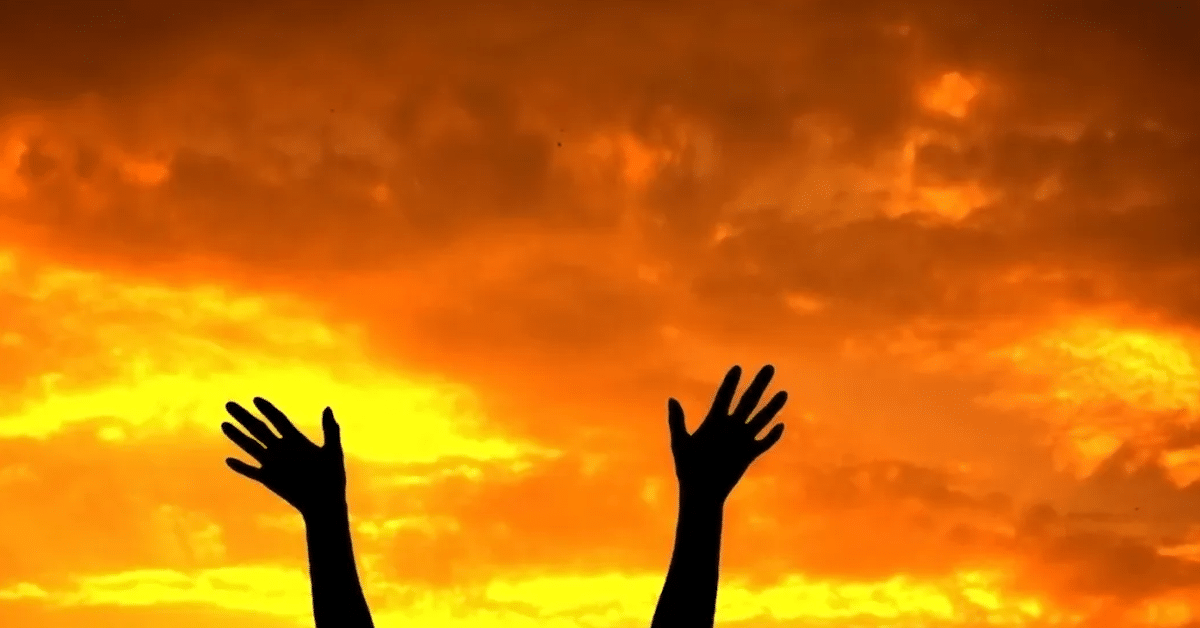With rates of anxiety and depression on the rise across the U.S., many people are seeking out alternative therapies. But do any of these treatments actually work? Here, we break down the pros and cons of 4 alternative approaches for treating anxiety and depression.
#1: Acupuncture
What is it?
Acupuncture is an ancient Chinese medical practice that involves the insertion of sterile needles into the skin at strategic pressure points. These points are believed to stimulate the body’s central nervous system, triggering biochemical changes that restore balance and promote physical and emotional well-being.
Does it work?
A 2021 analysis of 20 randomized, controlled trials found that acupuncture was more effective than the control condition in treating generalized anxiety disorder (GAD). Additionally, a 2013 study of primary care patients found that acupuncture was more effective than conventional treatment at alleviating symptoms of anxiety and depression.
What are the risks?
Side effects are rare, but include fatigue, bruising at the needle insertion site, soreness, and/or lightheadedness.
The bottom line
Clinical studies are limited, but acupuncture shows promise as an alternative treatment for anxiety and depression.
#2: Light therapy
What is it?
Light therapy uses a specialized artificial light to stimulate the hormone control centers in the brain. Light therapy is most commonly used to alleviate symptoms of seasonal affective disorder. However, it also shows promise as a treatment for both major depressive disorder and bipolar disorder.
Does it work?
A 2016 study of patients with major depressive disorder found that light therapy was more effective than fluoxetine at reducing depressive symptoms. In addition, a 2017 study found that patients with bipolar disorder who were treated with light therapy had significantly lower depression scores and higher remission rates compared to a placebo group.
What are the risks?
Light therapy should not be used by patients who are sensitive to light. Side effects are typically mild but may include agitation, insomnia, nausea, and headache.
The bottom line
Light therapy is most often recommended as a supplemental treatment, used in conjunction with psychotherapy, medication, nutrition, and/or exercise.
#3: Nutritional supplements
What are they?
Nutritional supplements contain naturally occurring vitamins and minerals that are thought to balance hormones, reduce inflammation, and stimulate the production of certain neurotransmitters in the brain.
Do they work?
Efficacy varies depending on the type, dose, and quality of the supplement. One frequent criticism is that supplements are not regulated by the FDA, so manufacturers don’t have to prove their products really work. Here’s the lowdown on a few supplements commonly used to treat anxiety and depression:
John’s Wort- Frequently prescribed for depression, St. John’s Wort is derived from the flowering plant Hypericum perforatum. The supplement has been better studied than most, but research is still lacking and results are mixed.
Omega-3 fatty acids, contained in fish oil, may be helpful in alleviating symptoms of depression, particularly in patients who are overweight or have elevated inflammatory responses.
Kava kava has been used for hundreds of years by Pacific Islanders to promote relaxation. A 2013 study indicated that kava kava “may be a moderately effective short-term option” for the treatment of GAD.
What are the risks?
John’s Wort can cause a variety of side effects, including rapid heartbeat and increased sensitivity to sunlight. In addition, St. John’s Wort can have potentially life-threatening interactions with other medications, such as SSRI’s.
In the early 2000’s, several cases of liver toxicity were associated with kava kava consumption, such that it remains banned in several European countries.
Omega-3 supplements are safe and generally well-tolerated; the most common side effect is GI upset.
The bottom line
Patients should talk to their doctors before initiating treatment with nutritional supplements.
#4: Reiki
What is it?
Reiki involves the gentle placement of hands on various parts of the body to promote relaxation. Similar in theory to acupuncture, reiki is believed to support the body’s natural healing abilities.
Does it work?
A 2021 review of 11 clinical studies found that reiki was effective at reducing symptoms of anxiety, depression, and stress. Reiki is now used at over 900 U.S. hospitals as a complementary treatment for pain, depression, and anxiety in the chronically ill.
What are the risks?
The National Institutes of Health have determined there are no risks or adverse reactions associated with Reiki.
The bottom line
While large-scale evidence is lacking, reiki holds promise as a non-invasive, adjunctive therapy for anxiety and depression.
Conclusion
Alternative therapies are gaining popularity and acceptance in the mental health community and the population at large. However, the evidence for most of these treatments is preliminary, at best. More research is needed before healthcare professionals can draw conclusions about the efficacy of alternative therapies. Moreover, alternative treatments should not replace evidence-based therapies or prescribed medications, but rather should be used in conjunction with these more traditional treatments.
Keep Reading
Want more? Here are some other blog posts you might be interested in.









